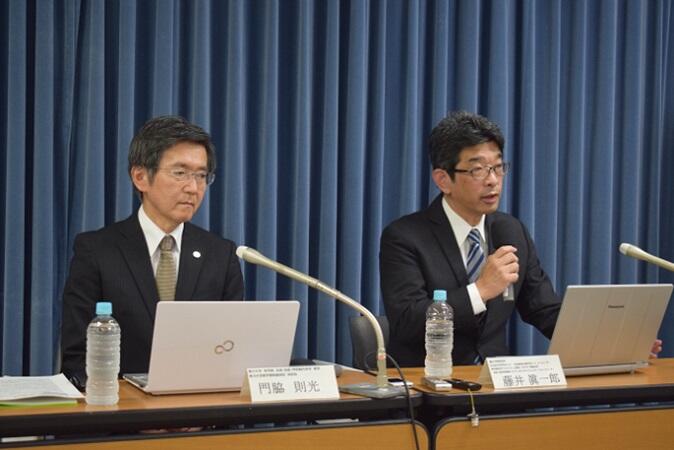A joint research team led by Team Leader Shin-ichiro Fujii from the RIKEN Center for Integrative Medical Sciences and Professor Norimitsu Kadowaki of the Faculty of Medicine at Kagawa University is initiating an investigator-initiated phase I clinical trial this month. The trial will evaluate an artificial adjuvant vector cell (aAVC) vaccine designed to be effective for individuals who have inadequate antibody responses to mRNA vaccines for coronavirus disease 2019 (COVID-19) and other vaccines due to cancer and other underlying conditions. Fujii said, "We are restarting Rafjik, a venture company we launched previously, and hope to bring the clinical development up to phase III in 4 years at the earliest."

The aAVC vaccine system is a vaccine platform technology for the activation of natural killer T (NKT) cells, which are lymphocytes of the innate immune system, as a trigger to promote the maturation of dendritic cells in the body, eliciting both innate and adaptive immune responses. The system expresses a complex of the NKT cell-activating glycolipid alpha-galactosylceramide (α-GalCer) and the CD1d molecule on the cell surface and a cancer antigen or a viral antigen protein of the target disease inside the cell. The glycolipid molecules attached to the aAVC via the CD1d protein activate NKT cells, and the aAVC itself is destroyed in the body and taken up by dendritic cells. Through this series of responses, the aAVC maximizes dendritic cell function and serves as a vaccine.
The joint research team has already conducted an investigator-initiated phase I trial of WT1 antigen-expressing aAVC in patients with relapsed or refractory acute myeloid leukemia. The trial has confirmed its safety in humans, its immunological effects in both innate and adaptive immunity, and certain therapeutic effects. For the present trial, they have developed an aAVC vaccine carrying the severe acute respiratory syndrome coronavirus 2 (SARS-CoV-2) spike protein and confirmed its safety in nonclinical safety studies. They have reported that spike protein-specific CD4-positive and CD8-positive T cells were induced at high rates in the lungs and spleen in nonclinical pharmacological studies and that these cells were maintained as memory T cells.
A single dose of aAVC induced innate and adaptive immunity and also elicited memory immunity that lasted for at least a year. With the use of irradiated allogeneic cells, aAVC can be produced and stored in large quantities as cell therapy preparations with stable quality.
This investigator-initiated phase I trial will be conducted at Kagawa University Hospital and enroll 10 patients with B-cell malignancies in complete remission. The candidate vaccine will be administered once every 6 months via intravenous infusion to verify safety and immunological effects.
Kadowaki said, "Since the trial will be conducted in patients with B-cell lymphoma, I think we can proceed at a pace of about once a month."
This article has been translated by JST with permission from The Science News Ltd. (https://sci-news.co.jp/). Unauthorized reproduction of the article and photographs is prohibited.




